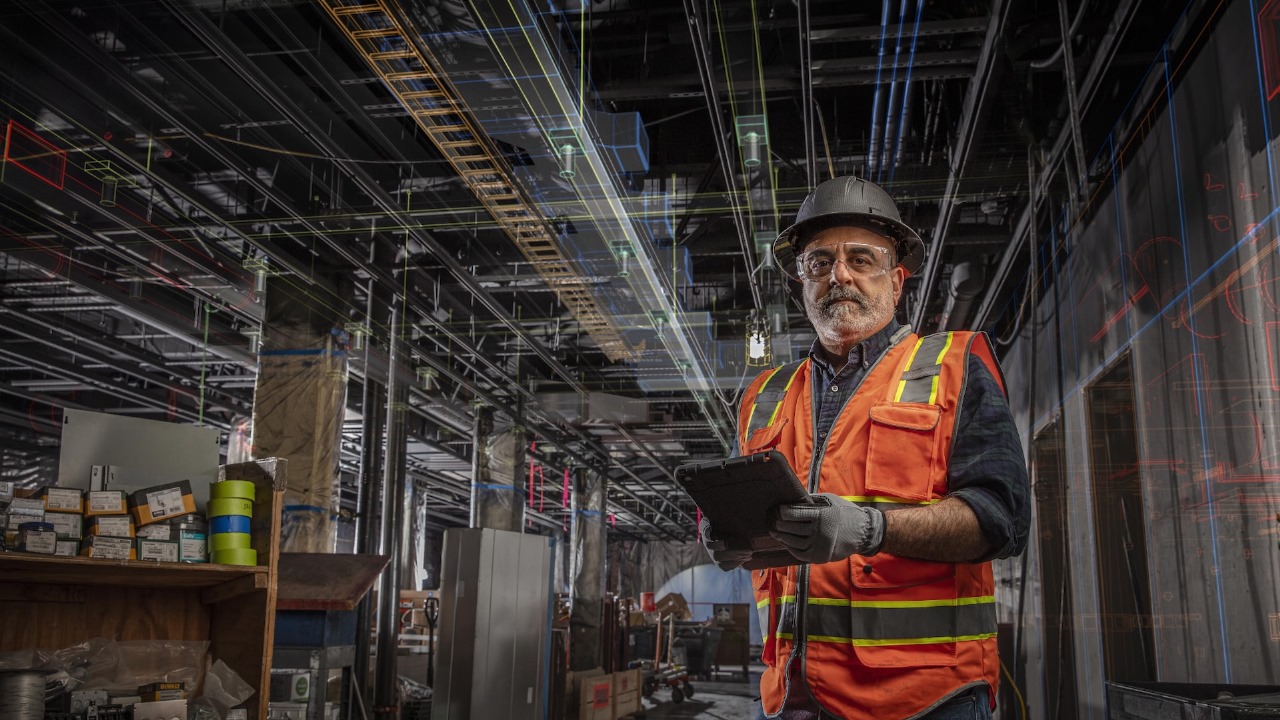Construction has long been seen through the narrow lens of traditional roles like carpentry, bricklaying, and heavy equipment operation. While these are foundational careers in construction, the industry is rapidly evolving, opening doors to roles that break the mold in both function and form. Today, construction is not just about building structures; it’s about innovation, sustainability, and technology-driven solutions.
If you’re someone who wants a challenging, rewarding, and future-proof career, this guide will explore diverse, modern careers in construction that are redefining the industry.
The Changing Landscape of the Construction Industry
Technology is Reshaping the Workforce
The integration of digital tools, software, and automation is creating high-tech careers in construction. From 3D printing buildings to using drones for surveying land, technology is no longer an add-on — it’s central to how construction operates.
Demand for Sustainability Experts
Green building practices are now mainstream. LEED certification, energy efficiency standards, and sustainable materials are driving demand for environmental engineers, energy auditors, and sustainable construction managers.
Emphasis on Project Efficiency and Safety
Construction companies increasingly need professionals who can manage complex projects, ensure compliance, and promote safety. This shift opens up roles in construction management, safety compliance, and logistics coordination.
Why Consider Modern Careers in Construction?
- High Earning Potential: Many modern construction jobs offer salaries that rival those of traditional white-collar roles.
- Job Security: The industry continues to grow despite economic fluctuations.
- Diverse Opportunities: From creative design to high-tech roles, there’s something for everyone.
- Skill Transferability: Many roles involve skills that can be used across industries, such as project management and IT.
Top Non-Traditional Careers in Construction
1. Building Information Modeling (BIM) Specialist
BIM specialists use digital modeling tools to design and simulate construction projects before they are built. These professionals help optimize the design, reduce costs, and minimize delays.
Skills Needed:
- Proficiency in BIM software like Revit or Navisworks
- Strong understanding of architecture and engineering principles
Why It Breaks the Mold:
- Fully digital, tech-focused
- Allows for remote and hybrid work models
2. Construction Technologist
A relatively new field, construction technologists bridge the gap between fieldwork and cutting-edge technology. They implement innovations like robotics, augmented reality (AR), and artificial intelligence (AI) on job sites.
Tools You Might Use:
- Drones
- 3D printers
- AR/VR software
Career Benefits:
- Rapid growth opportunities
- Exposure to revolutionary tools and methods
3. Green Building Consultant
With sustainability becoming a top priority, green building consultants help projects meet environmental standards and efficiency goals. This role involves energy audits, material selection, and compliance with green certifications.
Certifications to Consider:
- LEED Accreditation
- WELL Building Standard
Ideal For:
- Environmental science graduates
- Engineers focused on sustainability
4. Construction Data Analyst
Data is transforming how construction sites operate. Data analysts in construction help improve productivity, reduce costs, and predict risks using real-time data.
Key Skills:
- Excel, SQL, Power BI
- Analytical thinking
Job Outlook:
- Increasing demand in large construction firms
- Can transition into management roles
5. Drone Operator
Drones are being used for site inspections, surveying, and safety monitoring. Certified drone pilots with construction knowledge are now in high demand.
Requirements:
- FAA drone pilot certification
- Understanding of mapping software
Perks:
- Travel opportunities
- Freelance and contract possibilities
6. Modular Construction Specialist
Modular construction involves building components off-site and assembling them on location. This method increases efficiency and reduces waste.
Roles May Include:
- Modular design engineer
- Assembly coordinator
Why It’s Unique:
- Allows for precision and mass production
- Reduces environmental impact
7. Urban Planner
While not exclusive to construction, urban planners work closely with architects and developers to design efficient, livable spaces. They play a vital role in shaping cities of the future.
Typical Employers:
- Government agencies
- Private consulting firms
Focus Areas:
- Zoning laws
- Infrastructure planning
8. Construction Safety Manager
This role focuses on maintaining a safe working environment, conducting training, and ensuring compliance with safety regulations.
Certifications:
- OSHA Certification
- Certified Safety Professional (CSP)
Value to the Industry:
- Reduces injury rates
- Improves job site productivity
Education and Training for Modern Construction Roles
Traditional vs. Non-Traditional Paths
While many careers in construction still start with apprenticeships or trade schools, modern roles often require additional training or degrees.
Options Include:
- Associate or Bachelor’s degrees
- Online certifications (Coursera, LinkedIn Learning)
- Manufacturer-sponsored training (e.g., Trimble, Autodesk)
Apprenticeships Still Matter
Organizations like Associated Builders and Contractors offer apprenticeship programs that now include modules on technology, safety, and sustainability. These programs remain a great way to gain hands-on experience while earning a wage.
How to Get Started in a Non-Traditional Construction Career
Step 1: Identify Your Interests
Are you passionate about sustainability? Do you love working with data or emerging tech? Pinpointing your interest will help narrow down your options.
Step 2: Gain Relevant Skills
Enroll in courses, pursue certifications, or seek internships that provide exposure to modern construction tools and practices.
Step 3: Join Industry Networks
Networking with professionals through associations like Associated Builders and Contractors can open doors and keep you updated on trends.
Step 4: Tailor Your Resume
Highlight relevant experience, even if it’s from another industry. Many skills are transferable, especially in roles like data analysis or project management.
Associated Builders and Contractors: Supporting the Next Generation
As a leading force in construction workforce development, Associated Builders and Contractors (ABC) offers training, resources, and networking opportunities for those exploring unique careers in construction. From apprenticeship programs to career fairs and certifications, ABC plays a pivotal role in shaping the industry’s future.
The Future of Careers in Construction
The future is bright for those entering the construction field today. As buildings get smarter and demand for sustainable solutions increases, professionals with hybrid skills will be in high demand. From tech-driven project managers to environmentally-conscious site planners, the options are expanding.
Whether you’re a recent graduate, someone looking for a career change, or already in the field looking to pivot, there has never been a better time to explore careers in construction that break the mold.
FAQs About Careers in Construction
1. Are careers in construction only for people with trade skills?
Not at all. Modern construction roles require a variety of skills, including IT, data analysis, environmental science, and management.
2. What are the highest-paying non-traditional construction jobs?
Roles like BIM specialist, construction technologist, and green building consultant can offer salaries above $80,000 depending on experience and location.
3. Can I transition into construction from another industry?
Yes. Many skills are transferable, especially in project management, software development, data analysis, and design.
Final Thoughts
Gone are the days when careers in construction were seen as one-dimensional. The modern construction landscape is dynamic, high-tech, and full of opportunities that cater to a wide range of interests and skill sets.
Whether you’re passionate about sustainability, fascinated by drones, or intrigued by digital modeling, there’s a place for you in today’s construction industry. Embrace the change, upskill yourself, and take the first step toward a future-ready career with the support of organizations like Associated Builders and Contractors. Click here to return to the homepage and unlock more content.


